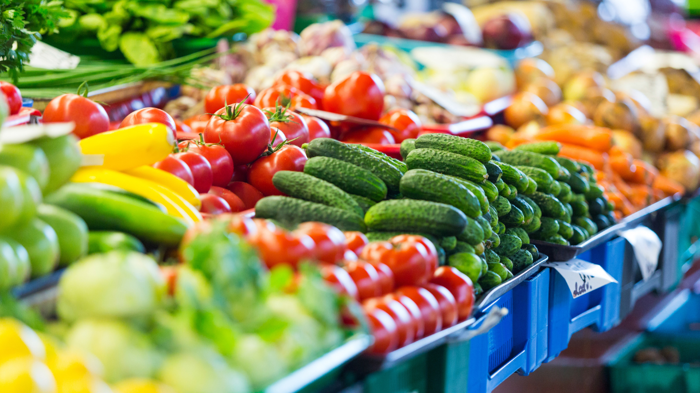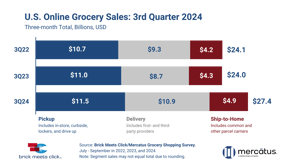Sponsored By
Fresh Produce
farm stand oranges
Fresh Produce
How to reduce produce pathogen risksHow to reduce produce pathogen risks
Foodborne illness threats are widespread, but the right measures can forestall incidents
Stay up-to-date on the latest food retail news and trends
Subscribe to free eNewsletters from Supermarket News











































